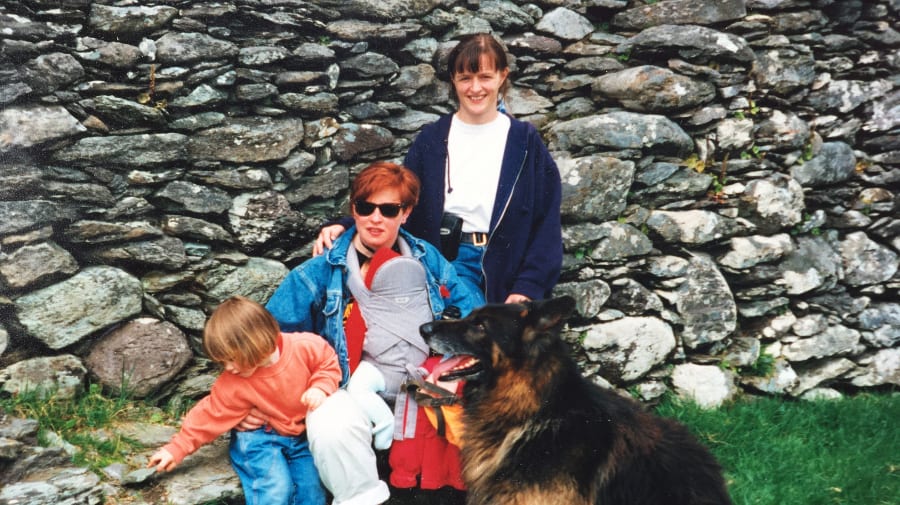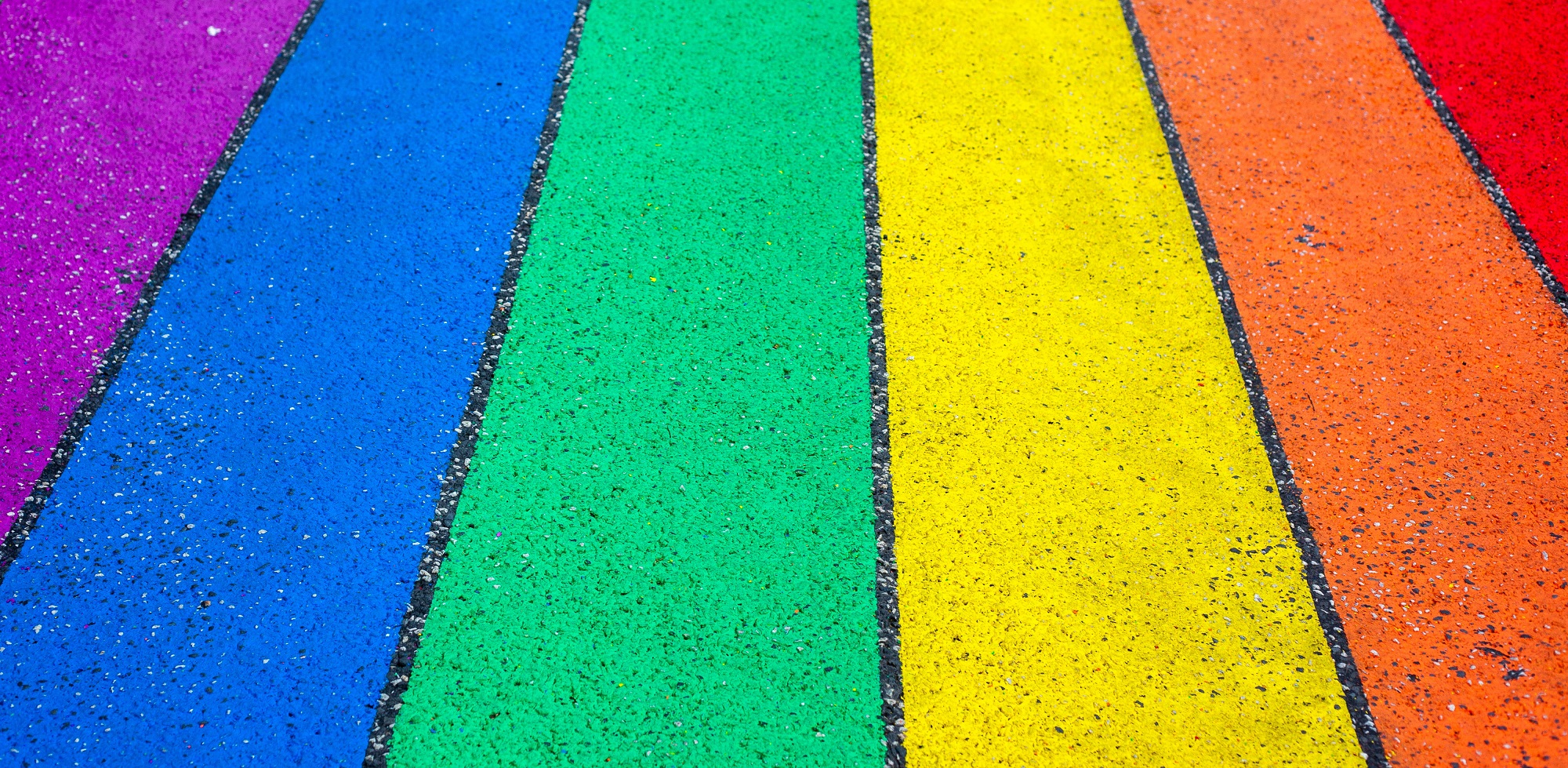
| Photograph: Susan Orr
February is LGBT History Month, which takes place across the UK every year to celebrate and commemorate the history of gay rights. Throughout the month, we’ll be highlighting all things LGBTQ+, including staff profiles - and today, Professor Susan Orr shares her story.
‘Where are your husbands?’
It is 1994 and I am away for the weekend in a holiday cottage with my partner Jean and our 2 daughters. Our youngest is a baby and while we are there, I become very poorly and faint. Jean rushes to a nearby farm (no mobile phones!) to ring for a doctor. The doctor arrives and the first thing he says, with anger and hostility, is, 'Where are your husbands?'
This was a time when many people didn’t know how to understand my family: there was no legal framework to recognise my family; we couldn’t have both our names on our daughters’ birth certificates; there was no civil partnership or equal marriage; and we couldn’t co-adopt the children (we each gave birth to 1 child). There was no parental leave for me when Jean gave birth to our eldest daughter or, vice versa, when I gave birth to our second daughter.
Breaking parenting barriers
Jean and I worked with a gay-friendly solicitor to find out if there was any way that we could seek legal recognition for our family and our shared parental roles. The solicitor suggested that we use new legislation that allowed people in parental roles to apply for residency orders, which came with legal parental recognition.
We went to the family court and became the first lesbian couple in the UK to be awarded a ‘split joint residency order’. This document meant that we were each recognised as having parental responsibly for the child our partner gave birth to. This meant a lot to us; it helped in schools and medical contexts, as we were now both entitled to make decisions about the education and care of both our children.
This rather arcane document had huge symbolic importance to us. However, the order ran out when the girls turned 18 and, since then, things have become a little harder for us. You might ask why this matters, as both our daughters are now adults, but it matters a lot - especially in light of Brexit. It means, for example, that, as I’m Irish, one of my daughters can apply for an Irish passport and one can’t, because she is not recognised legally as my daughter.
Children in ‘gay households’
The story of our legal case was front news on the Pink Paper back in 1995, but the Section 28 hostility and atmosphere at that time led us to change our names in the article to protect our children from any backlash.
Jean and I were participants in a large research study into the lives of children raised in lesbian households in the 90s, led by Professor Susan Golombok at the University of Cambridge. Golombok embarked on this research because, in situations where a husband and wife separated and the woman came out as a lesbian, the courts were denying the woman access and custody of the children as most judges did not believe that children should be in ‘gay households’.
Golombok needed empirical evidence to show that children in gay households can thrive, to counter the prejudicial views of the courts. We were interviewed for Women’s Hour as part of this study and, by this stage, we used our real names.
The journey continues
The environment within which the LGBTQ+ community can have children now has changed beyond all recognition in the UK. All the things Jean and I did not have access to are now law in the UK. These changes have all been fought for and hard-won and it is important to recognise that the journey for equality and recognition continues, particularly in relation to the lack of rights for the LGBTQ+ community in many countries across the world.
Susan Orr is Dean of Learning and Teaching Enhancement and a former Chair of the UAL LGBTQ+ Staff Network.

